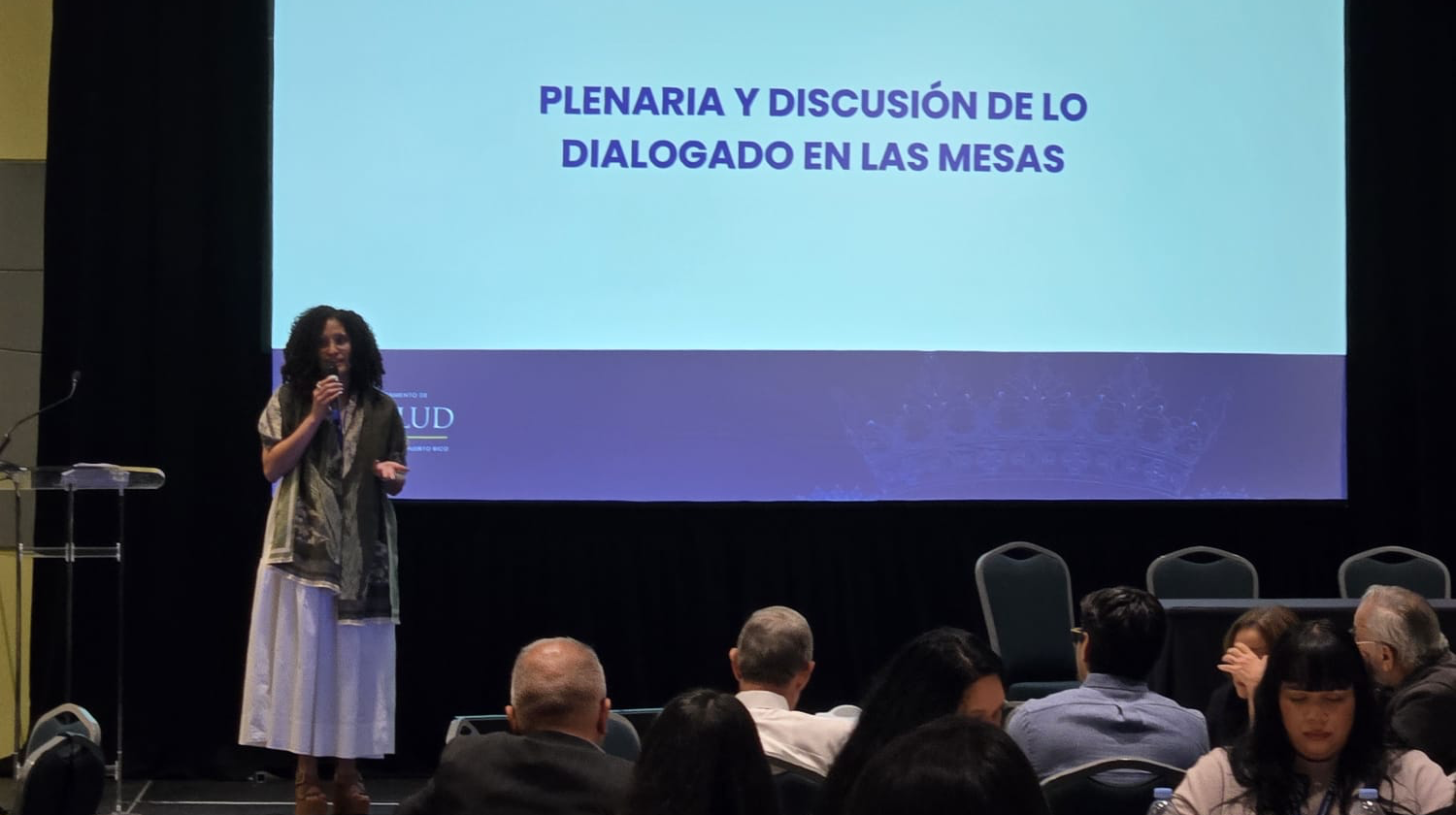
Transforming the response to the opioid crisis
The impact of opioid use disorder in Puerto Rico continues to affect public health and the well-being of thousands of people, their families, and communities. In the most recent statistical compendium published by the Department of Health’s Division of Public Health for the Prevention of Overdoses from Psychoactive Substances, the Puerto Rico Institute of Forensic Sciences reported 452 deaths due to intoxication by substances, gases, and chemicals; opioids were present in 344 of those deaths (76.1%). This reality calls for coordinated interventions that not only address the root of the problem with urgency but also drive structural changes that improve access to treatment and recovery services.
In response to the opioid crisis, Grupo Nexos is leading the Project for the Comprehensive Response to the Opioid Crisis in Puerto Rico (PAICO-PR). This initiative, funded through the Opioid Recovery and Restitution Fund, which the Puerto Rico Department of Health administers, is a testament to the power of collaboration. The project aims to improve access to and availability of treatments for people with opioid use disorder (OUD) and other substance use disorders (SUDs), underscoring the importance of collective efforts in addressing this pressing issue.
The project’s design is comprehensive, with a particular focus on the treatment and harm reduction components. Its scope encompasses three key areas: reviewing and updating current treatment standards from a human rights and evidence-based perspective; strengthening multisector collaboration; and developing public policy recommendations that facilitate access to adequate, humane, and culturally relevant treatments. This process involves a review of scientific literature and international guidelines on best practices in treatment, exploratory interviews with subject-matter experts and individuals with lived experience, and meetings with key entities, including the Department of Health and the Administration of Mental Health and Addiction Services (ASSMCA). These actions are part of a three-year work plan (2024–2027).
One of the project’s priorities is advancing low-threshold treatment, a strategy aimed at easing the requirements for accessing medications such as buprenorphine, thereby facilitating treatment initiation and continuity. This approach has proven effective in reducing overdose deaths and expanding the reach of services in high-vulnerability contexts. It is part of a broader vision centered on protecting the dignity, autonomy, and active participation of people affected by these disorders. The goal is to avoid stigmatization and promote inclusion, recognizing that individuals have rights and a key role in designing the solutions.
If you would like to learn more about PAICO-PR, please contact kmartinez@nexospr.org.
Related Posts
Culture of support needed for social workers
The discussion around how to break stigmas and support the well-being of an...
Mental health professionals urge a comprehensive look at the needs of children and youth in Puerto Rico
(Mayagüez, PR) - Adopting a broad human rights perspective on the development...
Dialogue to create joint efforts against juvenile delinquency
The “Puerto Rico Minors Act” (Act 88-1986) was recently reformed. In this...
Functional family therapy for young people in legal trouble
We live in a historic moment for our children and youth, with public policies to...




